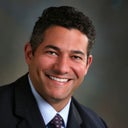Hello Nancy Anne, thank you for your question regarding the influence of your fitness level on tummy tuck recovery.









